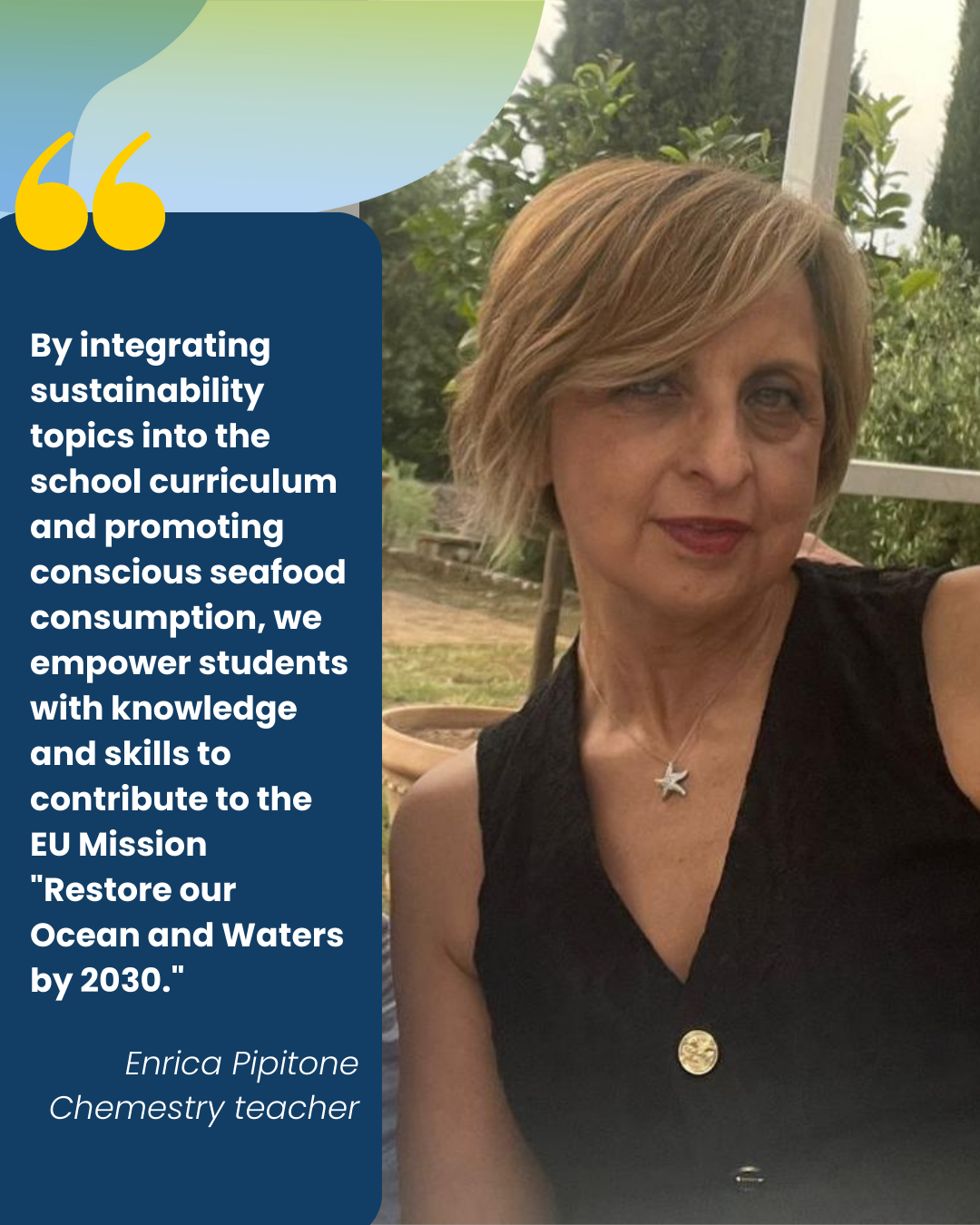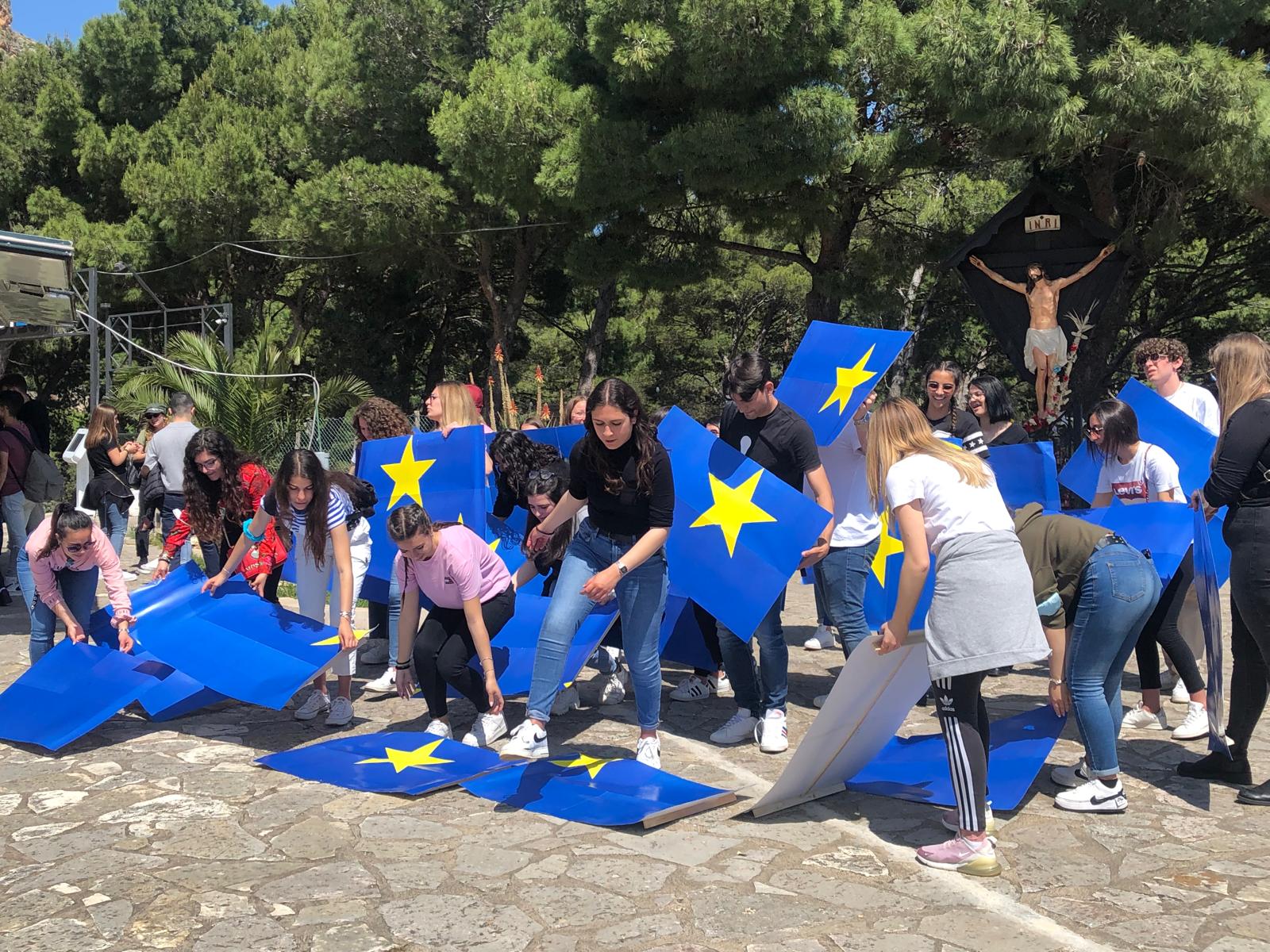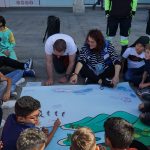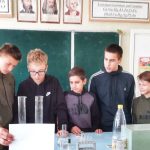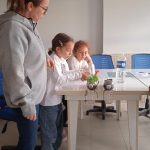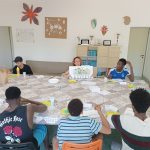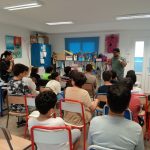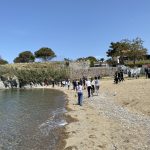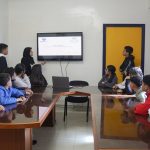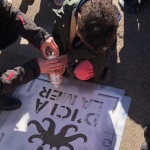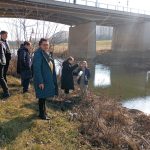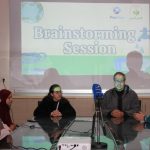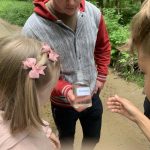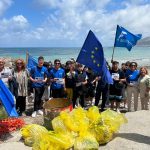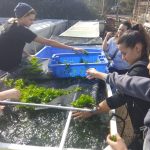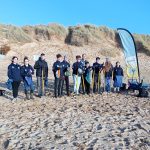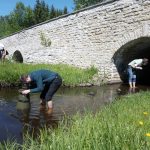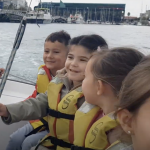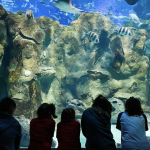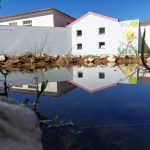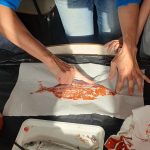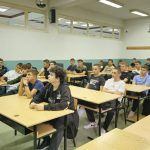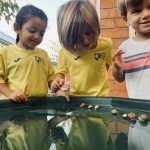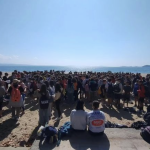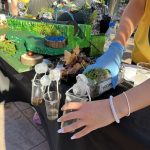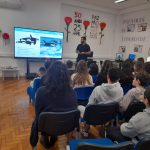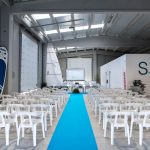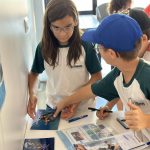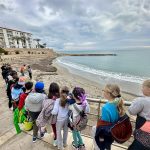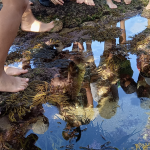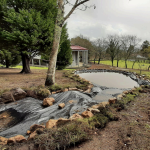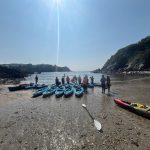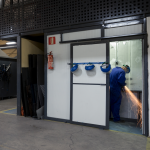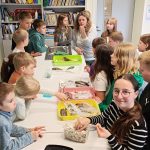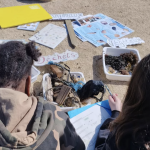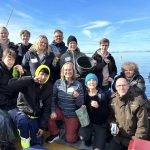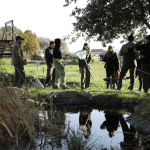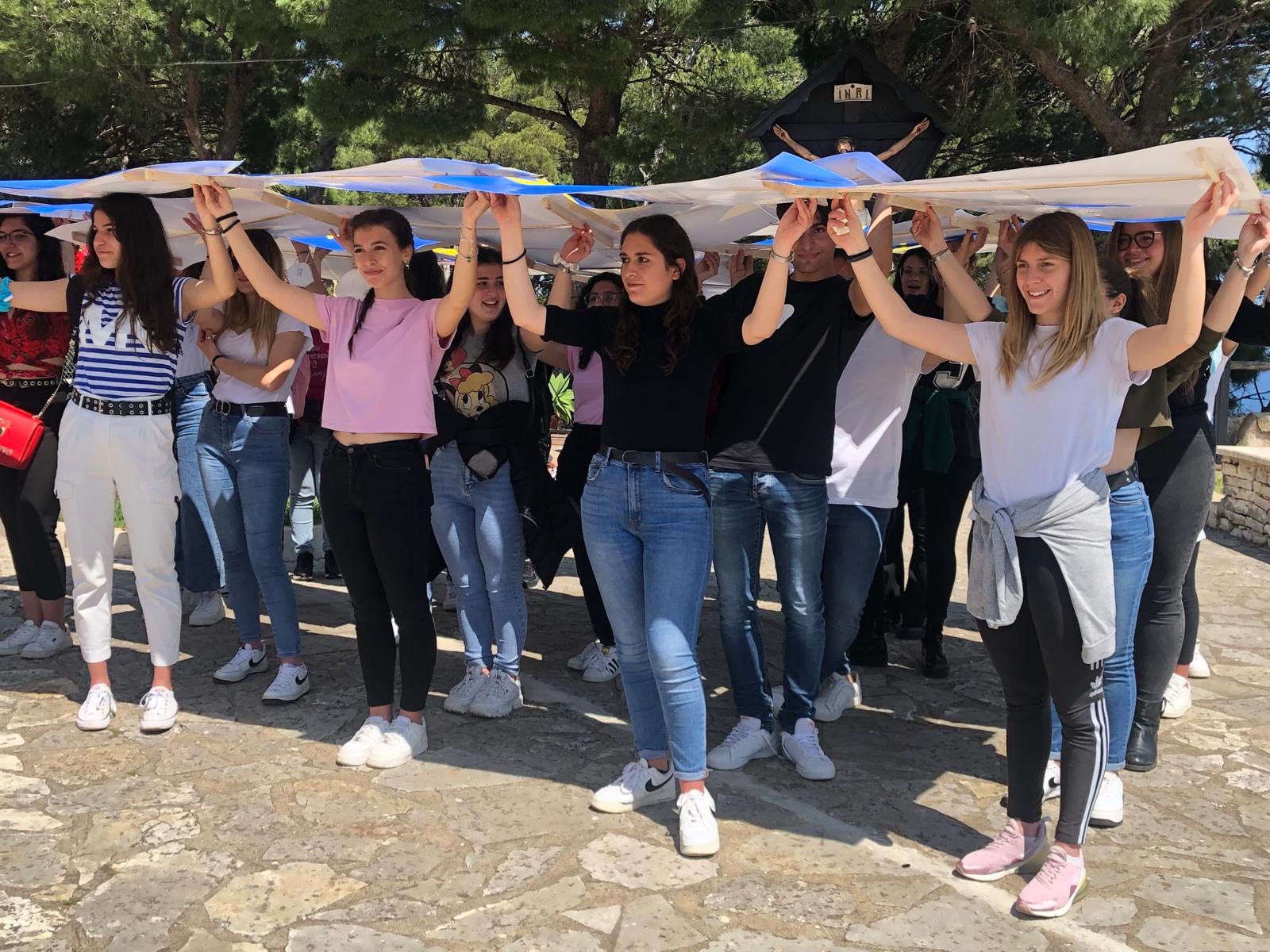
Fish for Thought: Rethinking Blue Habits
Castellammare del Golfo, Italy
3rd FUNDING CALL
In a world where marine ecosystems face growing threats from overfishing and environmental degradation, educating young people about sustainability has never been more crucial. “Fish for Thought: Rethinking Blue Habits” is a forward-thinking initiative aimed at promoting marine conservation, responsible seafood consumption, and sustainable fishing practices. By engaging students, families, and local stakeholders, this project strives to foster a cultural shift towards more sustainable lifestyles while contributing to the EU Mission “Restore our Ocean and Waters by 2030.”
Objectives
The primary goal of the “Fish for Thought” project is to increase awareness of marine sustainability among students and their communities. Specifically, the initiative seeks to:
- Educate 200 students on blue sustainability and ecological transition through seminars and interactive training sessions.
- Engage 30 families in the conscious consumption of seafood, highlighting the importance of sustainable aquaculture and lesser-known fish species.
- Facilitate knowledge exchange between students and local fishermen to discuss fishing practices, sustainability challenges, and potential solutions.
- Promote responsible seafood consumption by raising awareness of legal and illegal fishing, ghost fishing, by-catch, and overfishing.
- Inspire young people to take action through citizen science, experiential learning, and hands-on environmental activities.
Activities and Collaborations
The project adopts a multi-faceted approach to marine education, incorporating a blend of indoor training, field experiences, and creative awareness campaigns. Key activities include:
- Training Seminars: Students participate in sessions led by environmental educators and European policy experts, covering topics such as biodiversity, sustainable fishing practices, and marine ecosystem conservation.
- Community Engagement and Awareness Campaigns: The project involves students in creating an informative brochure on Mediterranean fish species and sustainable consumption habits, which will be widely distributed.
- Symbolic Installations – The Benches of Europe: Designed by students, these installations serve as a permanent reminder of the importance of ocean conservation.
- Meetings with Local Fishermen: These sessions allow students to gain firsthand insight into sustainable and unsustainable fishing practices, fostering a deeper understanding of the economic and environmental challenges faced by the fishing industry.
- Field Visit to a Sicilian Aquaculture Company: This immersive experience introduces students to sustainable fish farming practices and the benefits of aquaculture as an alternative to wild fishing.
- Final Dissemination Event: Students will showcase their learnings, distribute the project’s information brochure, and present their findings in a formal setting.
This initiative is made possible through collaboration with a diverse network of stakeholders, including Europe Direct Trapani Sicilia, the Naval League of Castellammare del Golfo, local municipalities, research centers (CNR Punta Granitola), fishermen’s associations, and media partners.
Outputs and Impact
By the end of the project, participants will have produced key deliverables that contribute to the ongoing mission of ocean sustainability:
- An informative brochure on blue fish and responsible seafood consumption, aligning with EU 2030 objectives.
- Two European Benches as a symbolic call for marine conservation awareness.
- A student-prepared report to be used as part of their final exams, ensuring that their learnings extend beyond the project timeline.
- Public outreach and dissemination through school websites, social media, local media channels, and Europe Direct Trapani Sicilia’s networks.
- PCTO Participation Certificates, recognizing students’ active engagement and contribution to sustainability efforts.
The expected impact of “Fish for Thought” extends beyond the participating students. By engaging families, local authorities, and the fishing industry, the project fosters a regional network dedicated to marine sustainability. Students emerge not just as informed individuals but as active advocates for environmental conservation.
